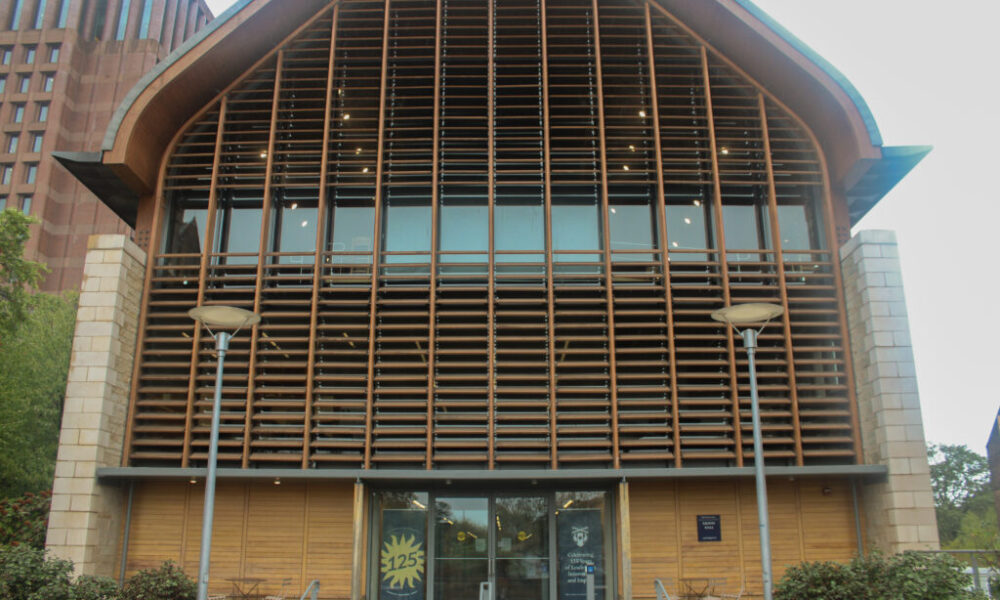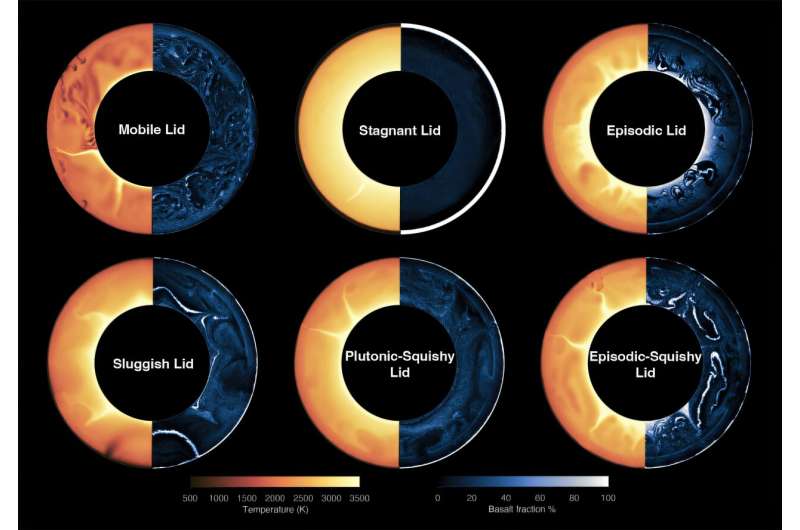The Yale School of the Environment will launch two new one-year graduate programs in August 2024, aimed at seasoned professionals in the environmental sector. The Executive Master of Environmental Management (EMEM) and the Executive Master of Forestry (EMF) programs are designed for individuals with at least ten years of experience and will provide an intensive residential education over a twelve-month period.
Dean Indy Burke emphasized the importance of these programs, stating that they will offer the same high-quality educational experience as the School’s traditional two-year degrees. “The executive master’s degree programs will provide a highly personalized program designed specifically for senior leaders and mid-career professionals,” Burke wrote.
The introduction of these accelerated programs marks a revival of the School’s original one-year Master’s of Environmental Management and Master’s of Forestry, which were discontinued. According to Mark Ashton, director of Yale Forests and senior associate dean for The Forest School, this new approach is tailored to meet the needs of experienced professionals who seek to deepen their knowledge while managing busy careers.
Alumnus Agustín Carbó is a prime example of the program’s potential impact. Carbó, who graduated from a similar mid-career program, credits his experience with enhancing his understanding of environmental and energy issues. After completing his studies, he served as executive director of the Puerto Rico Solid Waste Authority and later became the inaugural chairman of the Puerto Rico Energy Bureau. “This was an amazing experience,” Carbó noted, reflecting on his time at Yale. “Like my advisor, Prof. Brad Gentry, told me, ‘This is like a candy store.’”
Both the EMEM and EMF programs will require applicants to possess established careers in environmental fields. For instance, the EMF program mandates that candidates have a background as foresters, holding a degree in forestry, natural resources, or a related discipline, along with ten years of relevant professional experience.
Ashton also highlighted the benefits of a one-year immersive experience, explaining, “Once you are in a job and in the daily routine of work, it is very difficult to take time out and catch up on the tremendous advances in knowledge on the science and management of the environment.” He believes this program will serve as a refreshing and career-advancing opportunity for participants.
Another significant aspect of the new programs is their fully residential nature, allowing students to immerse themselves in the Yale campus environment for the duration of their studies. Kenneth Gillingham, the School’s senior associate dean of academic affairs, expressed optimism that attracting mid-career environmental leaders will enhance the intellectual discourse at the School. “They add greatly to intellectual discourse and provide keen insights to help our existing master’s students learn about career opportunities,” Gillingham stated.
Founded in 1900 as the Yale Forest School, the Yale School of the Environment continues to evolve its offerings to meet the needs of a changing world. The introduction of the EMEM and EMF programs illustrates a commitment to delivering high-quality education tailored to the demands of experienced professionals seeking to make impactful contributions in the field of environmental management.







